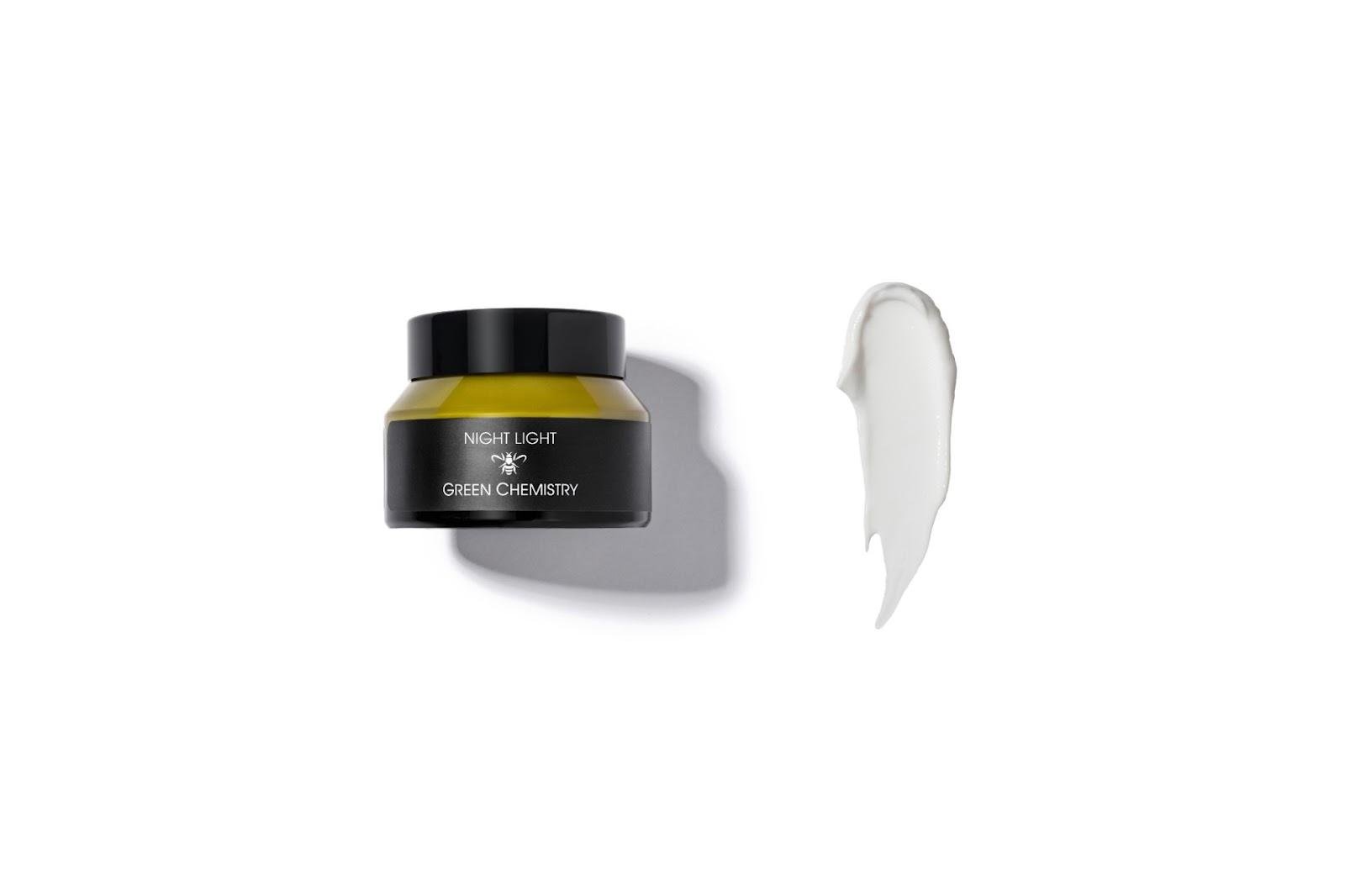Dry Vs Dehydrated Skin – What Are The Differences?
Payal Suthar
Although "dry" and "dehydrated" are sometimes used synonymously, they differ. The skin condition known as dry skin is characterized by a persistent underproduction of oil or sebum. It often lasts longer and may be accompanied by unpleasant sensations like tightness or itching. Environmental variables, such as temperature, can impact how severe these symptoms are, and they frequently worsen in winter.
About 30% of water is present in healthy skin, which is necessary to keep the skin's strength, elasticity, and structure. The quantity of water in the skin is referred to as dehydrated skin. Dehydration occurs when the skin loses too much water. Roughness or a loss of suppleness are two signs of dry and dehydrated skin, respectively. Dehydrated skin, on the other hand, may affect everyone, including people with naturally oily skin, whereas dry skin is a distinct skin type. Nevertheless, because the skin's natural oils are crucial in preventing water loss and maintaining moisture, those with dry skin types may also be more prone to dehydrated skin.
Depending on variables like the following, dehydrated skin and dry skin may have different causes:
● Behavioral — not getting enough liquids.
● Medical — a few ailments might lead to an oil or water loss.
● Environmental — certain airborne stimuli may impact the skin's hydration or moisture.
Dehydrated Skin
Dehydrated skin is skin that has dried out from a lack of fluids. Inadequate fluid intake makes the body unable to complete all of its typical processes, which leads to dehydration.
When the body loses more water and fluids than it takes in, dehydration sets in. Less water means the body must transfer less water to the skin to focus on providing the organs to maintain vital processes. The skin becomes dry as a result.
Dehydration, apart from consuming less water, can be caused by the following:
● excessive sweating from activity or the medical condition known as hyperhidrosis,
● losing fluids through diarrhea,
● a fever, sunburn, or heatstroke,
● having diabetes,
● using antihistamines or laxatives that produce a fluid imbalance, etc.
Dry Skin
When the skin lacks oil, it develops a skin condition called dry skin.
The top layer of skin is called the stratum corneum. It acts as a barrier, preventing dangerous substances from entering the body from the outside and retaining water within. The stratum corneum's improper functioning is what causes dry skin.
A few causes of dry skin are as follows:
● hormone abnormalities, for instance, in arid regions and during menopause
● minimal humidity
● excessive use of abrasives in soaps or detergents, as well as excessive bathing
● age,
● specific skin problems, including dermatitis,
● starvation, and weight loss
● other illnesses include hypothyroidism or chronic renal disease
Symptoms of dehydrated vs. dry skin
While there may be some overlap, the look and texture of dehydrated and dry skin symptoms differ. For instance:
| Dehydrated skin | Dry skin |
|---|---|
| poor skin elasticity | dehydration |
| dry mucus membranes such as in the nose | scaling |
| fine lines | roughness |
| itchiness | itchiness |
| sunken eyes | loose skin |
| cracked lips | flaking |
| dry lips or mouth | cracked skin |
Home cures and treatment
Depending on the chemicals in the product, different skin conditions require other treatments.
If someone is uncertain about the best product for their skin, they should speak with a dermatologist.
Dehydrated Skin
Dehydrated skin indicates that a person's body does not have enough water. Therefore, drinking extra water is the most extraordinary home remedy for treating dry skin. Additionally, electrolytes may be used to hydrate a person more.
Externally effective moisturizers with a water basis are also an option.
Try out our fantastic moisturizing lightweight night cream with B vitamins, and DMAE reduces the appearance of hyperpigmentation and helps build collagen.
Dry Skin
Using moisturizers, emollients, or lotions is the primary home remedy for treating dry skin. There are several goods available for purchase in stores or online.
The skin might be softer thanks to some raw components. One such is coconut oil, which may be used to give moisture to dry regions.
People frequently confuse having dry skin with having dehydrated skin. However, dry skin is a type that can have various reasons, whereas dehydrated skin is a condition that occurs from insufficient fluid in the body.
One must stay hydrated and use water-based products to prevent and cure parched skin. Unlike dry skin, which may be treated externally, people use oil-based solutions more frequently.



